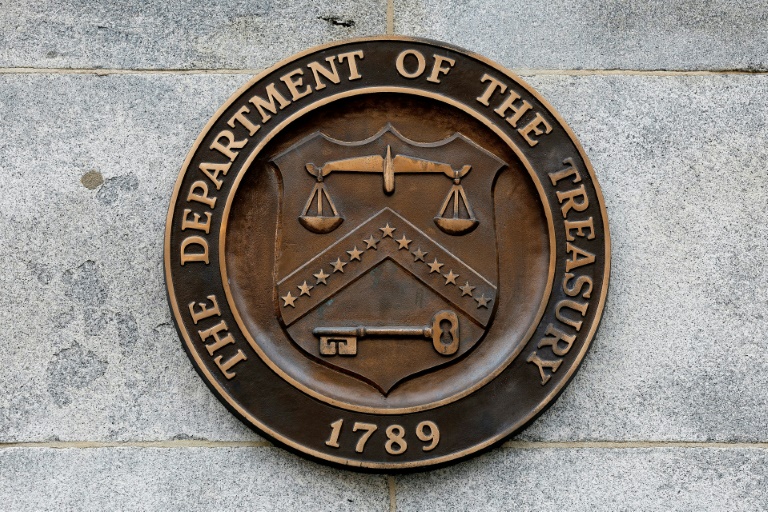Can Wireless & Fast Charging Transform India’s EV Landscape? (Representational Image) (Photo: Linkedin)
Despite subsidy cuts, India’s EV industry grew by 41% in FY24 with 1.6 million registrations, thanks to advanced charging tech like wireless & fast charging.
The Indian EV industry witnessed a sharp 41 percent growth in EV sales in FY24, despite the recent subsidy cuts.
The year saw 1.6 million EV registrations, up from the previous year’s 1.1 million.
A large part of this shift has been accredited to the advancements in charging infrastructure and a renewed focus on electrifying India’s public transportation, highlighting the role of charging infrastructure in boosting and retaining EV penetration.
As demand for efficient charging increases across India, the industry will notice boarder implementation of advanced charging technologies led by wireless and fast charging technologies.
Recently, we interacted with Prashant Vashisht, Chairman & Managing Director, Sokudo Electric India. Here’s what he has to say about the future of electric vehicle charging.
Scope Of Wireless Charging In EV Landscape
The global wireless EV charging market is set to surpass $825 million market size by 2027, in response to the growing demand for more convenient charging solutions. Keeping with the momentum, India will also notice substantial growth in the demand and adoption of this charging technology that can deliver a maximum of 20kW of power, equivalent to Level 2 charging speed.
This technology can offer greater charging convenience by allowing vehicle owners to charge their EVs whenever and wherever they are parked without worrying about the grid connection. Such a convenience would help lower riders’ range anxiety and could reduce dependency on charging stations for high-power charging, especially during peak hours.
“Despite these prospects, several challenges like concerns related to energy losses during charging hours and the high cost of required infrastructure like embedded charging pads continue to hamper wireless charging’s broader penetration in the market,” as said by Prashant Vashisht, Chairman & Managing Director, Sokudo Electric India.
However, more investments towards R&D and wireless charging infrastructure could accelerate its adoption rate and help establish it as a solution on a wider scale.
Assessing Fast Charging’s Potential To Enhance The Charging Experience
With more EV riders, especially two-wheeler fleet owners and last-mile delivery services seeking to lower downtime and quick charging experience, the demand for fast charging technology will soar drastically.
At present, DC fast charging which operates at a level of 50-350kW allows electric vehicles to achieve significant charge levels within short durations often ranging from 30 minutes to a couple of hours. However, the push for even faster-charging technology has seen an uptick in the development of ultra-fast EV charging systems backed by high-power chargers with power levels surpassing 350 kW.
It is also expected that some upcoming prototypes’ charging power may reach a limit of up to 1000 kW. Such evolutions could transform the charging landscape by reducing charging time to a few minutes, making the process more convenient, and bridging the gap between powering EVs and refueling conventional vehicles.
Such technologies also require advanced infrastructure and vehicles that can handle increased power. In addition, the technology’s efficiency would depend on considerations including battery chemistry, grid capacity, and thermal management to ensure the safety of EV batteries.
To make this technology more accessible, investments in charging infrastructure would be vital. Similarly, EV manufacturers must innovate their product line and research how to ensure better battery performance and charging compatibility.
Wireless and fast charging technology will collectively play a key role in boosting the EV adoption rate in India and transforming riders’ charging experience. However, to make such advanced infrastructure more accessible, private investments and government support would be indispensable.
In addition, EV manufacturers and charging infrastructure companies would need to develop more compatible product designs to promote a wider adoption rate to help India reach its EV goals by 2030.







